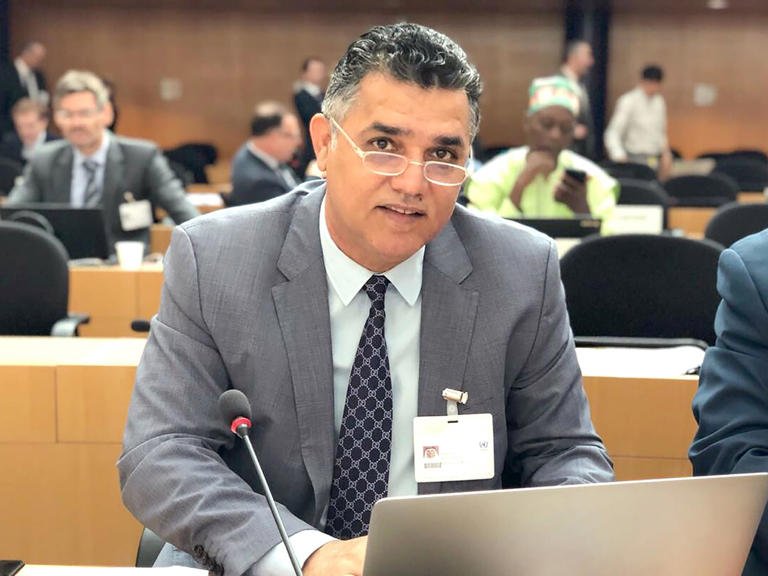Climate change is a real and indisputable threat to the entire civilization. Its impacts are in front of us and will be disastrous if action is not taken now.
Therefore, the theme of the World Meteorological Day, which is marked on every 23rd of March is, “At the frontline of Climate Action.”
The Sustainable Development Goal 13 obligates us to “take urgent action to combat climate change and its impacts.” Progress marked in this goal would mean progress marked in every other SDG.
World Meteorological Day
On the 23rd of March 1950, the World Meteorological Organization Convention came into being and became a UN-specialized agency in 1951 for meteorology, operation hydrology, and related geophysical sciences. Since then, the WMO has been commemorating World Meteorological Day with different themes every year.
The area of meteorology deals with the atmosphere and its phenomena emphasizing weather forecasts, observations, and weather warning systems. About this, the National Meteorological and Hydrological Services is the key to initiating these observations and understanding the weather.
This helps contribute toward protecting lives, the environment, sustainable development, and international cooperation.
As has been laid out by the WMO, World Meteorological Day is the best course of action to keep in mind about the changing climate conditions. However, with the greenhouse gas trapping heat, the average temperature of the Earth is over 100 degree Celsius, compared to what it was 150 years ago.
Amidst the severe changes, it is important to cut down on emissions and ensure that the coming generation has a safer Earth to live in with more knowledge of weather conditions and the environment.
World Meteorological Organization
The World Meteorological Day celebrates the official establishment of the World Meteorological Organization. According to the WMO, the day underlines the important role that the National Meteorological and Hydrological Services plays in the safety and welfare of society.
It also emphasizes the Earth’s importance, the behavior of people, and their connection with each other.
The work of the WMO community is essential to climate action and the Sustainable Development Goals. Weather and climate predictions aid in accelerating food production and moving closer to zero hunger.
Combining epidemiology and climate information assists in understanding and managing diseases sensitive to climate. Moreover, early warning systems aid in lowering poverty by giving people the chance to prepare and halt the impact of extreme weather.
Also Read: COP28: UAE launches ALTÉRRA, $30B climate financing initiative
How states should observe the 23rd of March
Dr. Abdullah Al-Mandous, the newly appointed President of the World Meteorological Organization (WMO), reported that “I am deeply committed to fostering international collaboration and leveraging cutting-edge science and technology to enhance weather, climate, and water-related services worldwide.”
”Our efforts are aimed at not only advancing our understanding of the Earth’s atmospheric phenomena but also at harnessing this knowledge to safeguard lives, protect property, and promote economic development,” he reported.
Moreover, he highlighted that the significance of meteorological services in lowering the harmful impact of climate change cannot be downplayed.
It is highly important to increase early warning systems for severe weather events and to provide continuing support for water resources and management.
The President of WMO also urged governments, organizations, and individuals to come together in a global partnership to face the challenges put forward by climate change.
Furthermore, He reported that, “Together, we can foster a culture of preparedness and innovation for a sustainable future and ensure that meteorology continues as a beacon of hope and a driver of progress.”
Additionally, he also called on the international community to be, “guided by the principles of sustainability, equity, and scientific excellence.”



